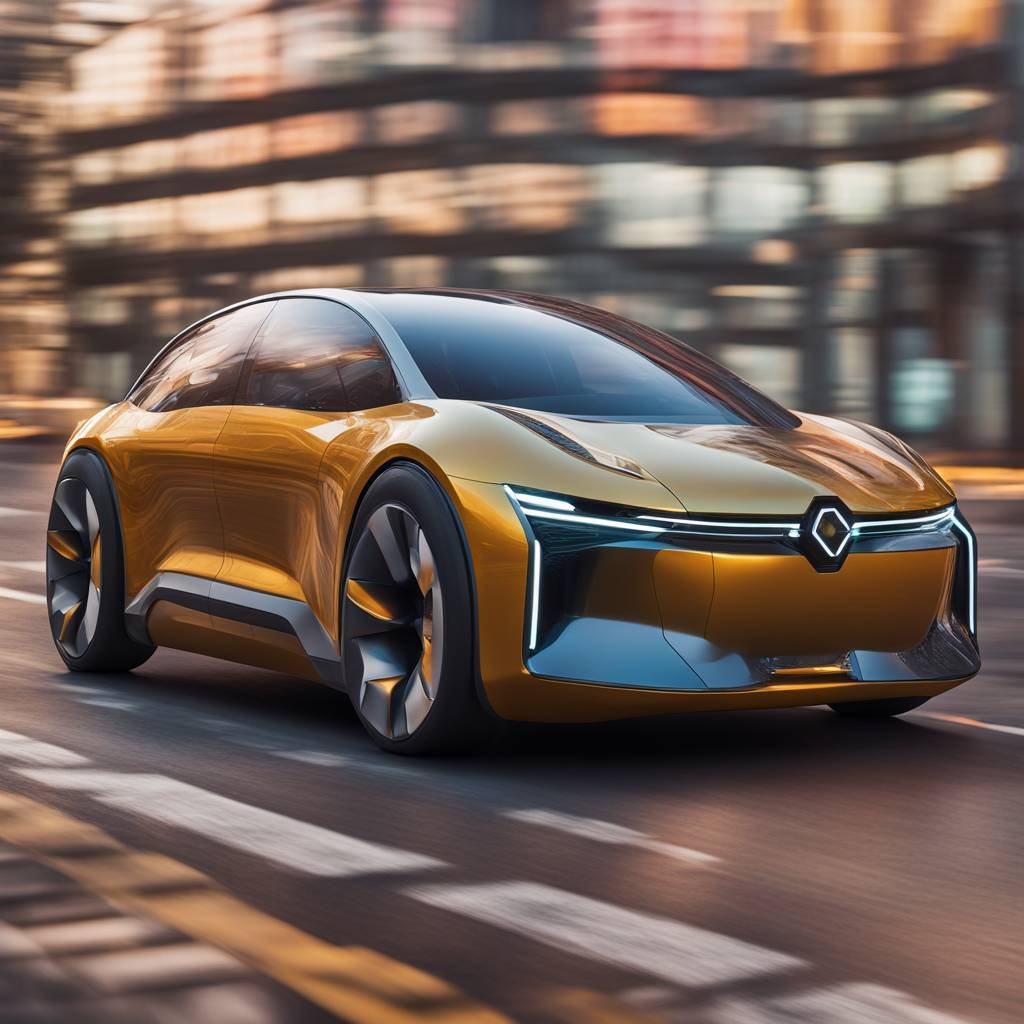Michelin, the world’s top tire-maker, is embracing airless tire technology as the future of the industry. The company believes that airless tires are necessary for sustainability and efficiency reasons. Around 20% of tires are prematurely taken out of service due to damage or punctures, which could be avoided with airless technology, saving around 320 million tires annually. Airless tires also contribute to sustainability by saving materials and reducing manufacturing time, resulting in a lower lifetime carbon footprint, which is crucial for electric vehicle manufacturers.
Michelin’s prototype airless tire line, Uptis (Unique Puncture-proof Tire System), offers several advantages over traditional air-filled tires. These tires eliminate the need for spares, jacks, repair kits, and tire-pressure sensors, while also providing improved safety by avoiding flats and blowouts. Uptis tires are particularly suitable for electric vehicles and autonomous vehicles, as well as applications that require continuous operation. Michelin teamed up with GM to test Uptis tires on the Chevy Bolt EV, with potential plans for original-equipment airless tires to debut on a GM EV in 2024.
Further tests and trials are being conducted with delivery fleets and partnerships with companies like DHL Express and La Poste. These real-world trials aim to gather data on the performance and durability of airless tires in various applications. Despite Michelin’s long history in manufacturing pneumatic tires, airless tire technology presents new design, production, and homologation challenges that require additional testing and development. The company has also been in talks with Tesla about testing Uptis tires, suggesting potential future collaboration.
While other tire manufacturers have also developed airless tire concepts, Michelin stands out as the only company currently running airless tires on open roads under real-world conditions for commercial contracts. The company has incorporated new materials, such as fiberglass, into the tires to achieve performance levels similar to traditional tires. Additionally, Michelin has worked on sustainable solutions for EVs, including EV-specific tires with increased sustainable materials and a revival of retread technology for trucks, reducing carbon-intensive waste and promoting circular economy practices.
Michelin’s previous airless technology, Tweel, introduced in 2005, has been commercially available for low-speed applications since 2012 and is used in a variety of vehicles and equipment. The company’s South Carolina facility serves as the hub for global development and production of airless tires, reflecting Michelin’s commitment to innovation and sustainability in the industry. Alongside airless tires, Michelin is also focusing on developing greener, more sustainable tire solutions for EVs and promoting the use of retreads to extend the lifespan of tires and reduce waste.
In conclusion, Michelin’s embrace of airless tire technology represents a significant step towards a more sustainable and efficient future in the tire industry. Through the development of innovative solutions like Uptis and Tweel, the company is leading the way in providing safer, more durable, and environmentally-friendly tire options for a wide range of applications. By investing in research, testing, and collaboration with industry partners like GM and Tesla, Michelin continues to push the boundaries of tire technology and set new standards for sustainability in the automotive sector.



